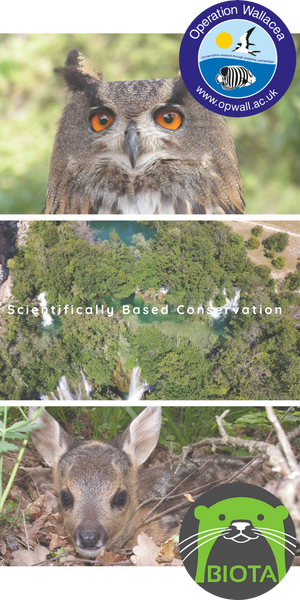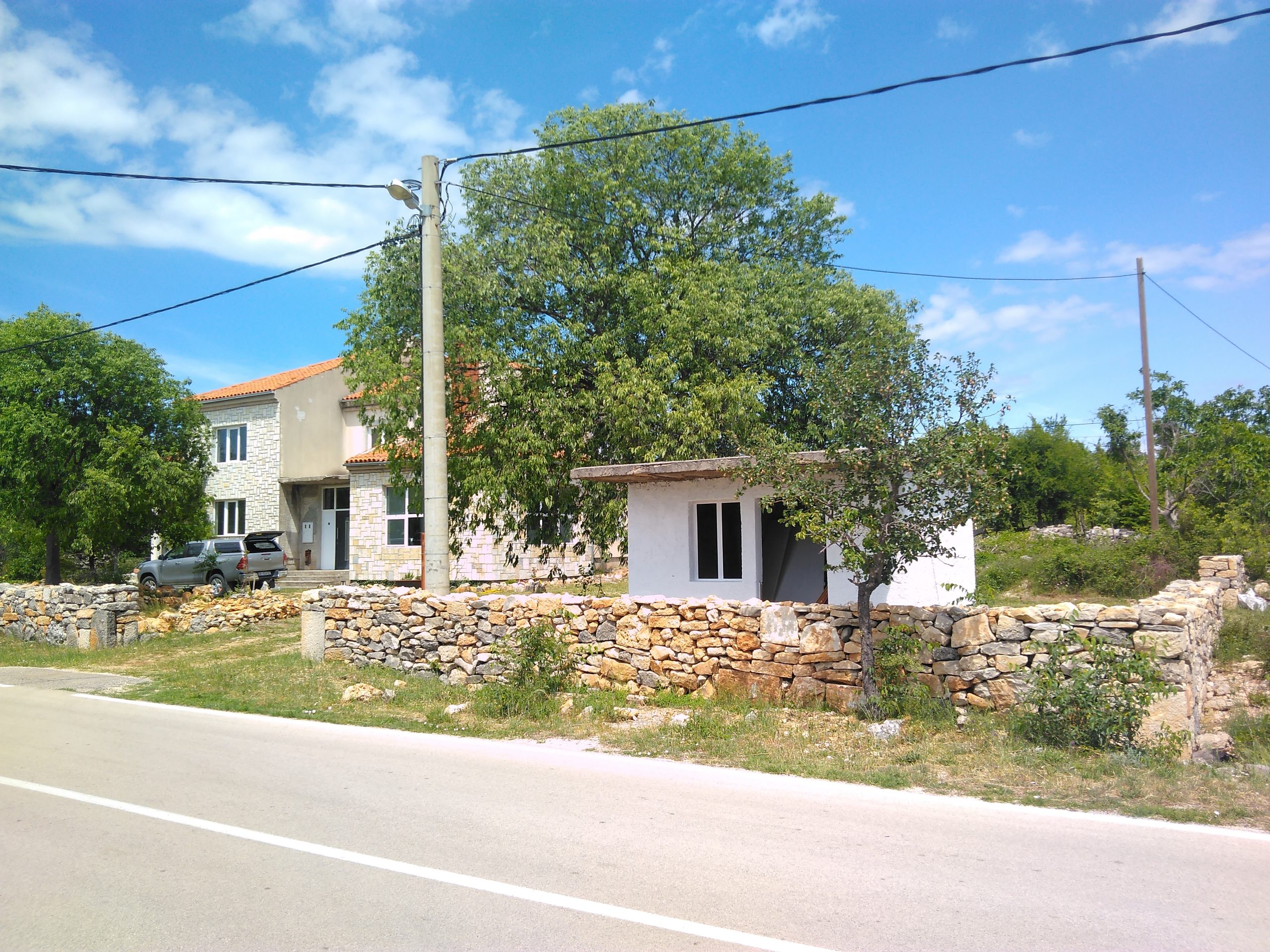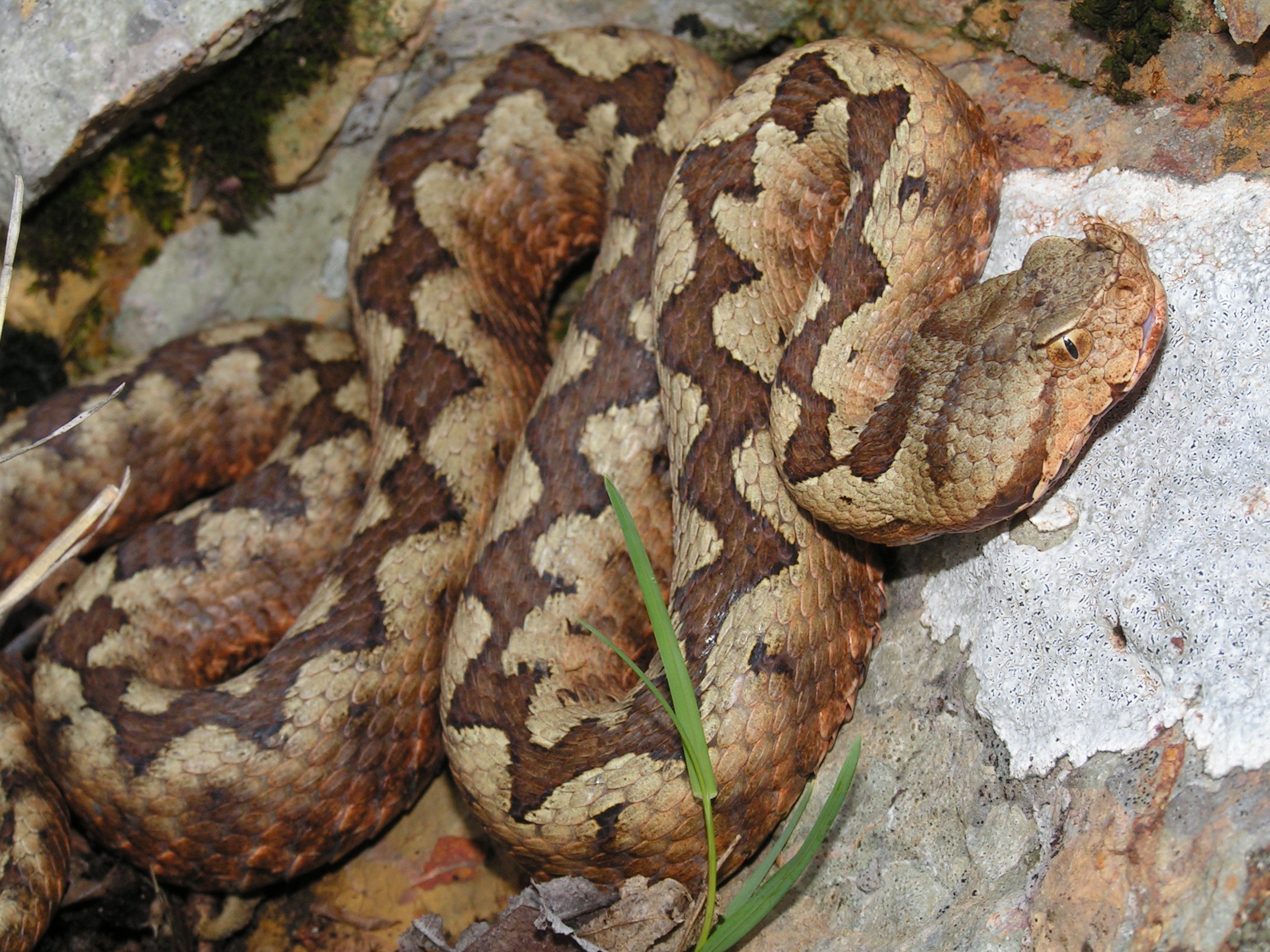Mediterranean Biodiversity and Ecology Course
Operation Wallacea Ltd.
Wallace House, Old Bolingbroke, Spilsby, Lincolnshire PE23 4EX, UK
The Mediterranean Biodiversity and Ecology Course offers hands-on field research experience in one of Europe’s most diverse ecosystems, combining cutting-edge science with conservation efforts in stunning Mediterranean landscapes. Course is runned by BIOTA Ltd for our partner Operation Wallacea in BIOTA Biodiversity Center in Krka National Park.
Since its inception in 2017, the Operation Wallacea biodiversity research program in Krka National Park, Croatia, has welcomed over 1,500 students and volunteers from prestigious universities around the world. Organized in collaboration between BIOTA d.o.o. and the UK-based Operation Wallacea Ltd (linked to the renowned University of Oxford), the program offers students an opportunity to gain practical field experience in conservation biology while contributing to essential ecological research.
This unique international camp provides participants with the chance to work on real-world research projects in one of Europe’s most biodiverse regions. Croatia now stands proudly among other tropical research destinations, such as Peru, Honduras, and Thailand, as a prime location for hands-on scientific exploration. Over the years, volunteers have worked in both Krka and Mljet National Parks, studying various ecosystems including rivers, caves, and marine environments.
The program focuses on a variety of research areas, including studying populations of key mammals like jackals, foxes, and wolves, as well as the impacts of canyon height on bird and reptile communities. Volunteers have also explored cave biodiversity, fish populations, and unique habitats in the Krka area. Much of this research takes place in some of the most remote and untouched areas of the Krka River canyon, ensuring that students gain hands-on experience in pristine environments.

Taxonomic diversity
- Butterflys and Grasshoppers
- Amphibians and Reptiles
- Birds
- Mammals
- Cave fauna
Real-world research projects
- Population Ecology Models
- Biodiversity Assessments
- Line & Point transects
- Capture/Mark/Recapture
- Camera trapping
Data use
- Conservation Action
- Planning (National Park Krka)
- Species description
- Scientific publication
The Numbers
%
Increase In Scientific Productivity
%
Increase in data collection
Newly Described species
In addition to the research, the program equips students with practical knowledge and fieldwork skills essential for their future careers in conservation. For scientists, the project provides funding for critical ecological research, while Krka National Park benefits from detailed, well-organized data on its ecosystems.
We anticipate continued growth of the Operation Wallacea program in Croatia and look forward to the ecological insights that will emerge from this invaluable long-term research. For more information on research in other countries, visit the Operation Wallacea website!


The Results
Volunteers and students
Visitor numbers have been steadily increasing until reaching our capacity limit of 400 per season. Now we are aiming to expand into pre- and post- season.
Countries
Our Mediterranean Biodiversity and Ecology Camp brings together participants from over 28 countries, fostering global collaboration and hands-on conservation efforts in one of the world’s most biodiverse regions.
Published Scientific Publications
Our work has resulted in 11 published scientific papers, showcasing the importance of the research conducted. We expect the full publishing prolification after full 10 years.
Data Points Recorded
Annually, over 300 line transect monitorings are conducted, encompassing various taxonomic groups such as mammals, birds, amphibians, reptiles, butterflies, grasshoppers, and cave fauna.
